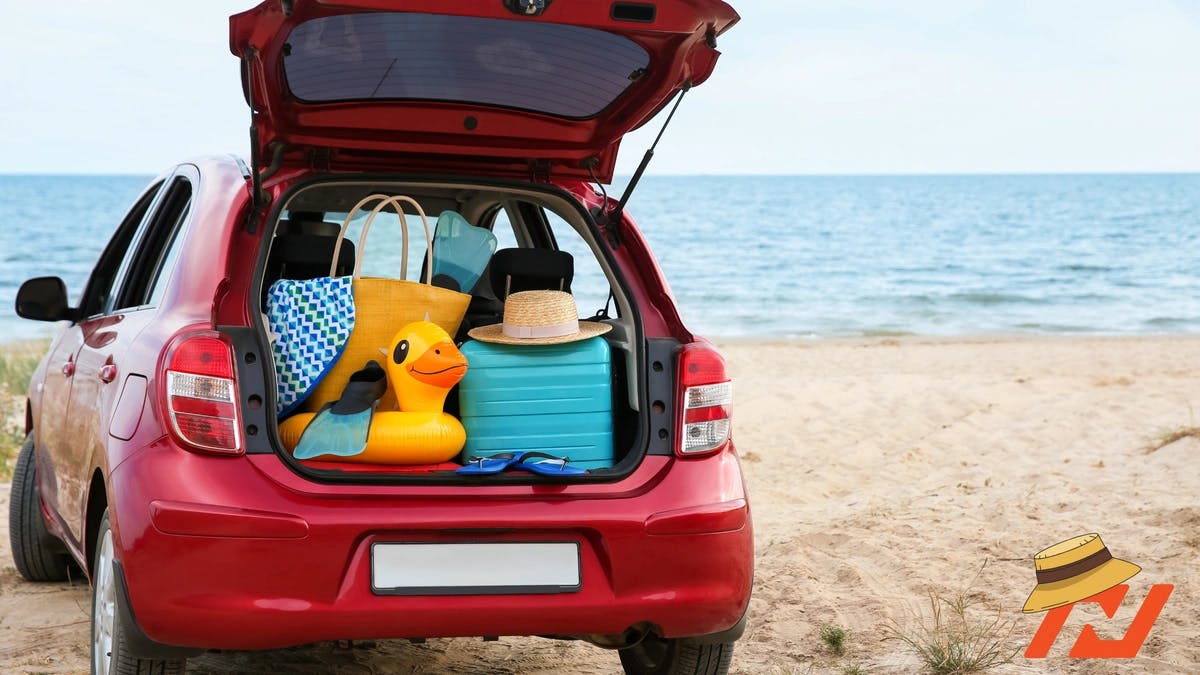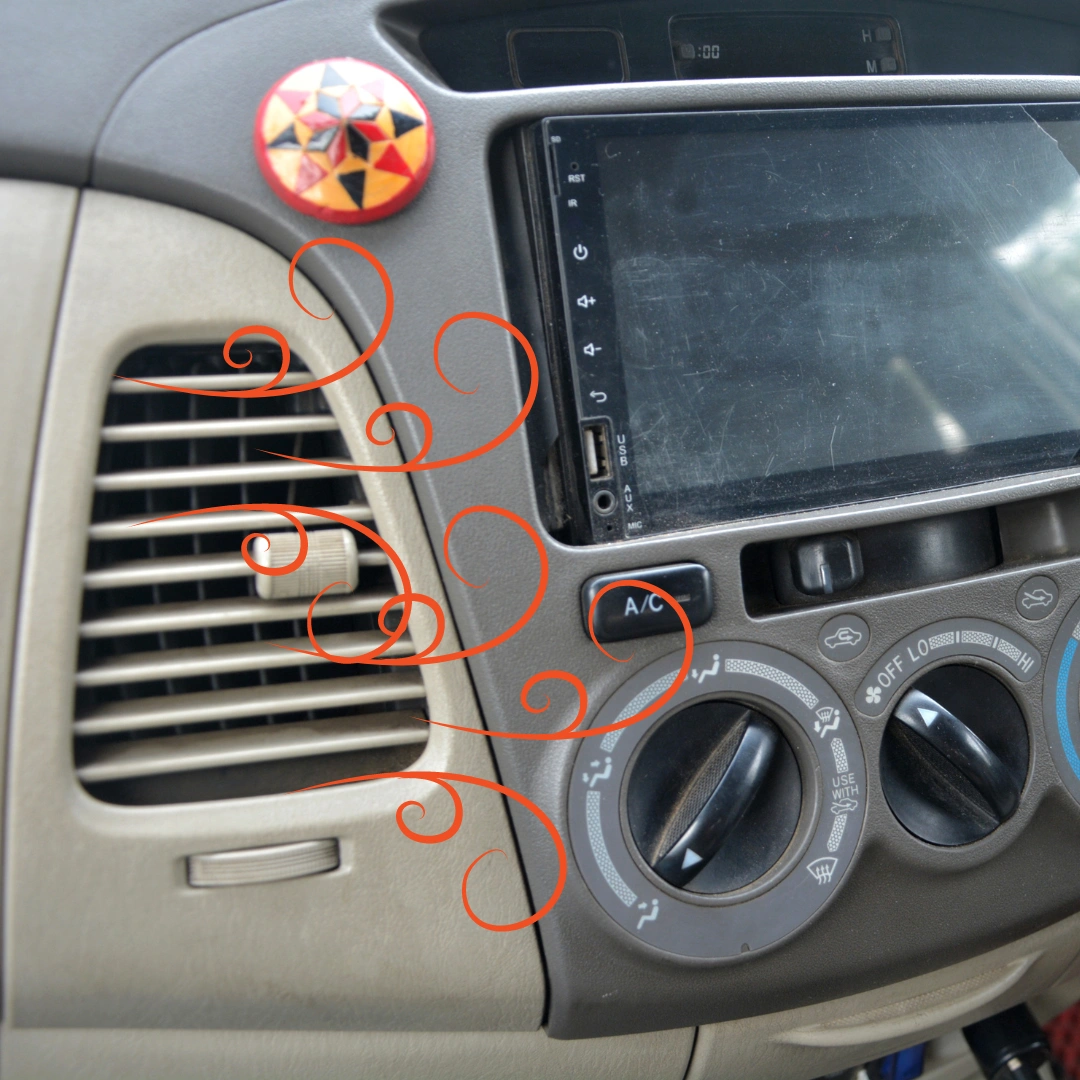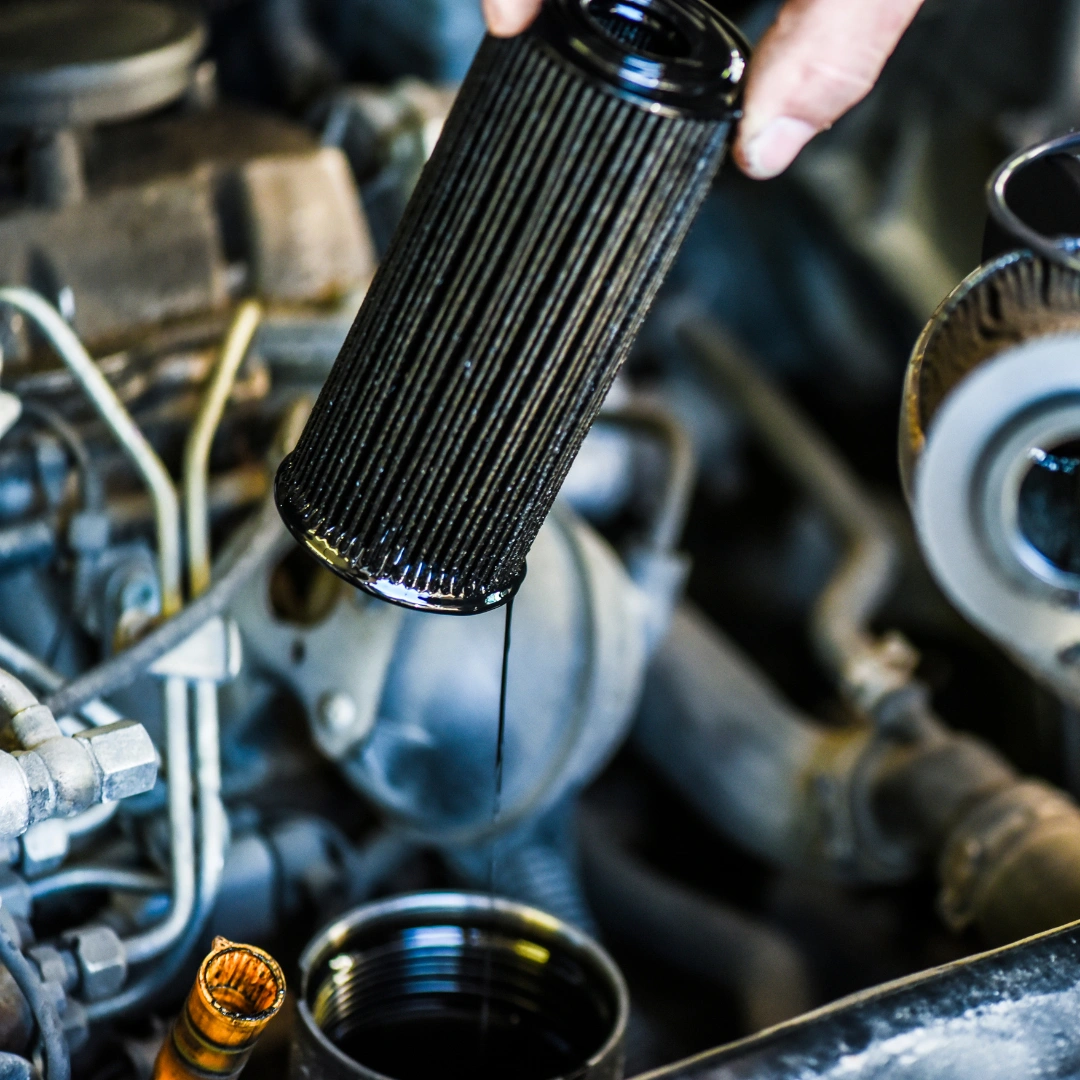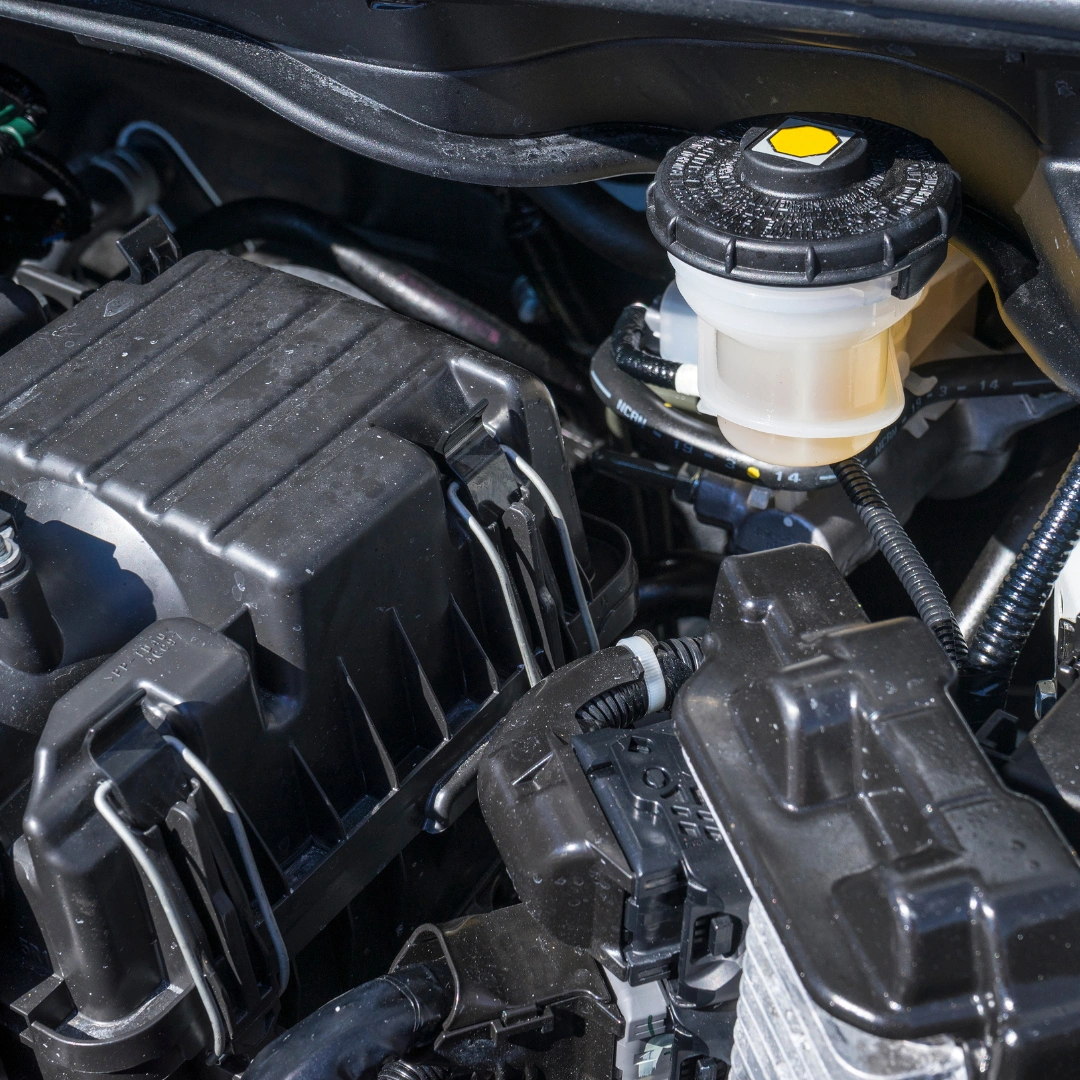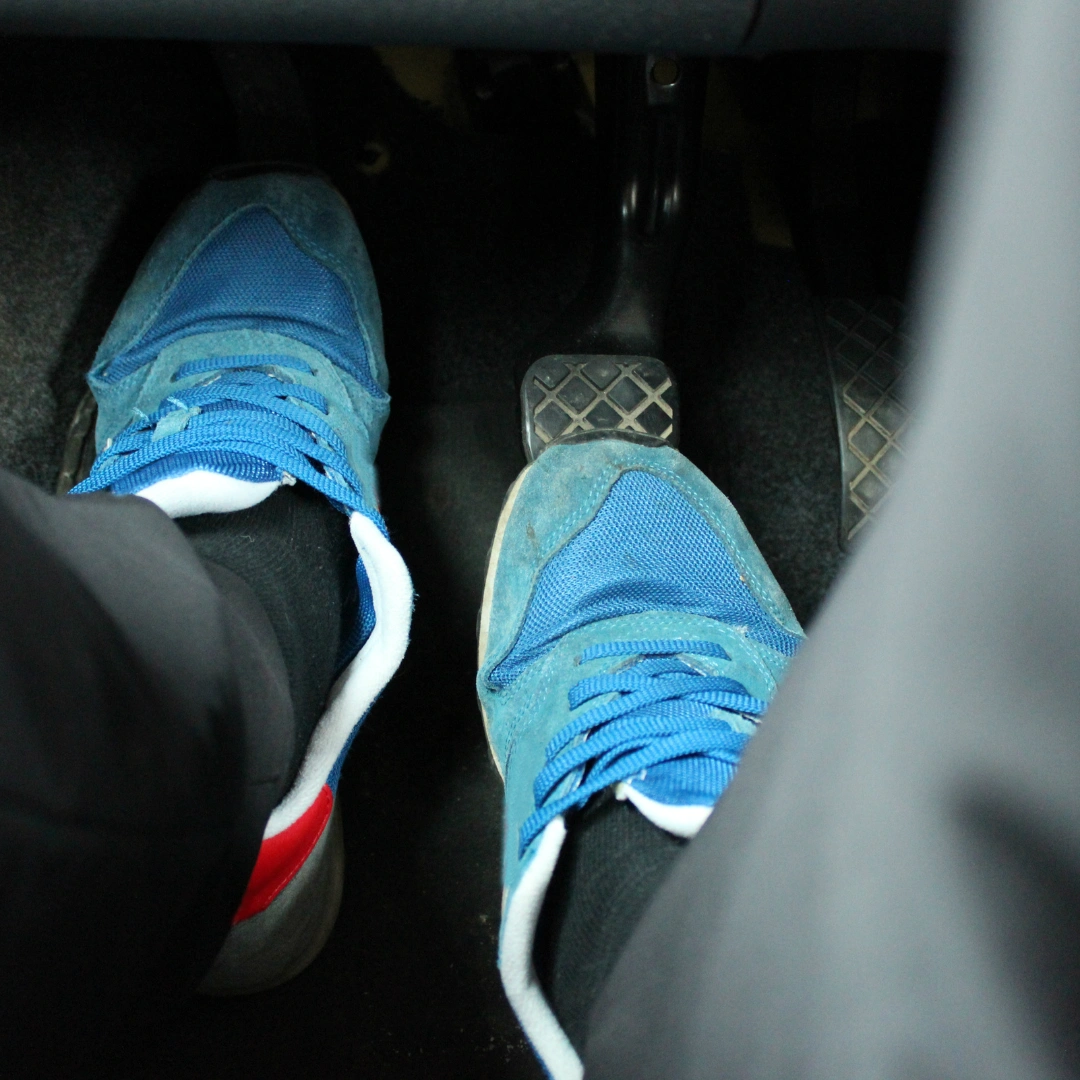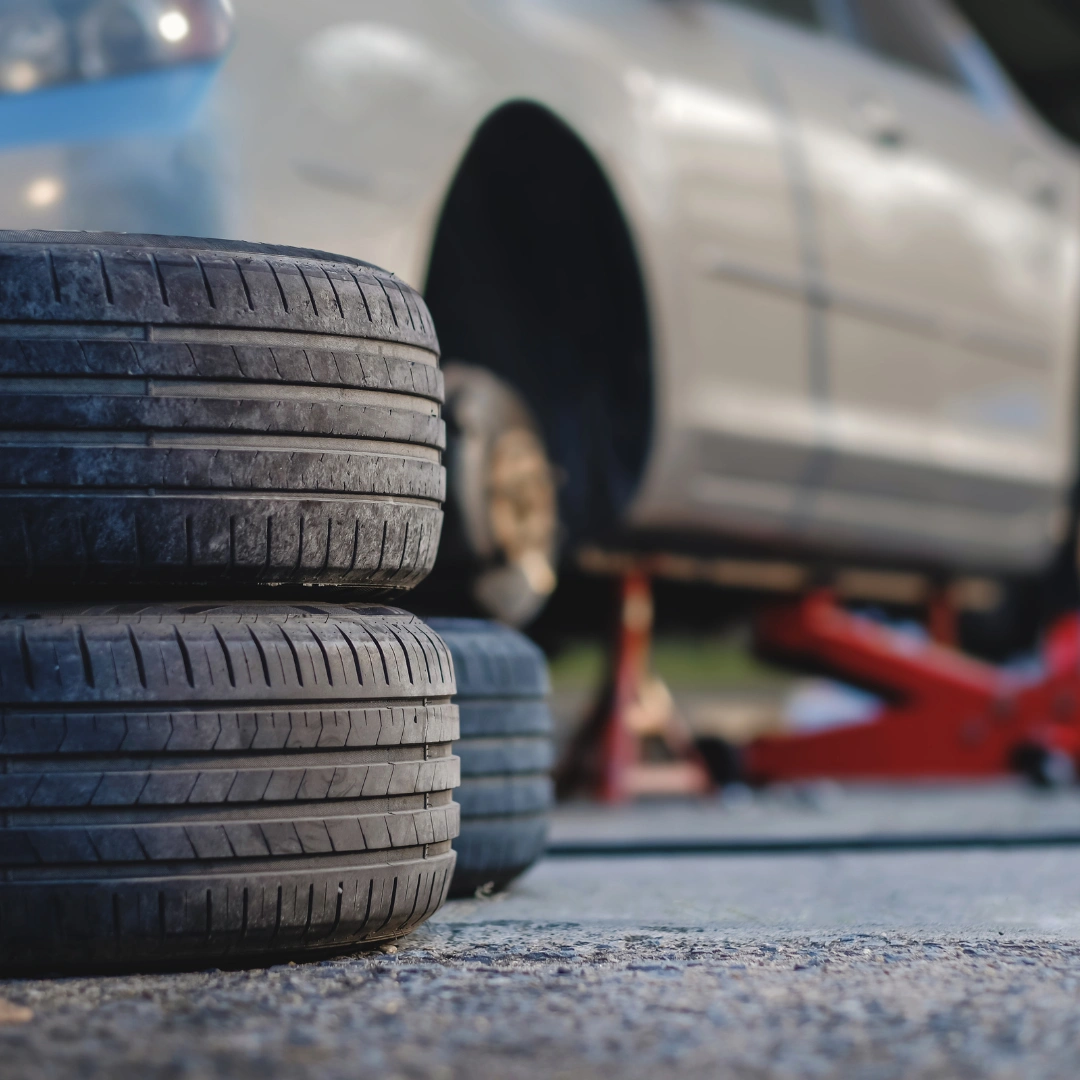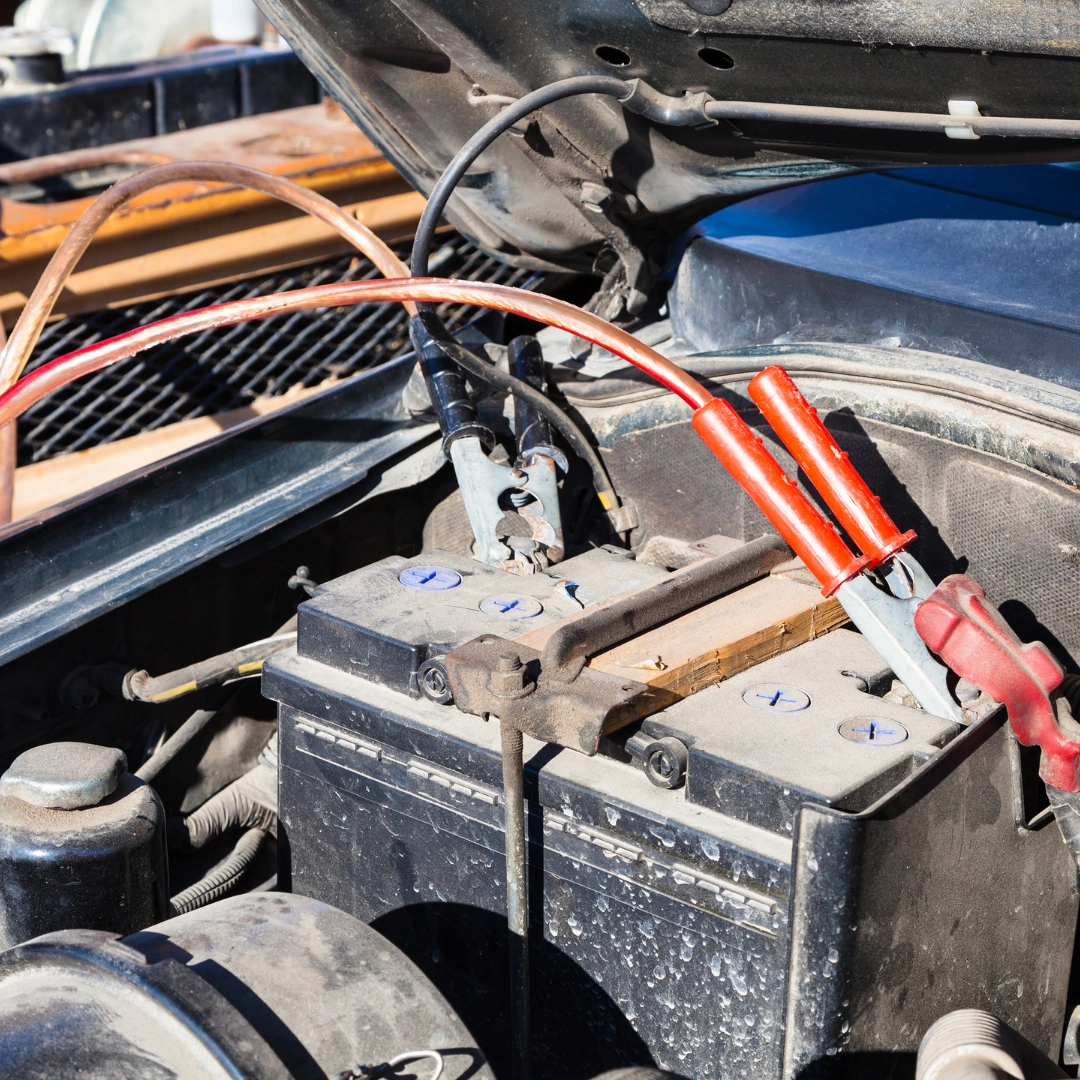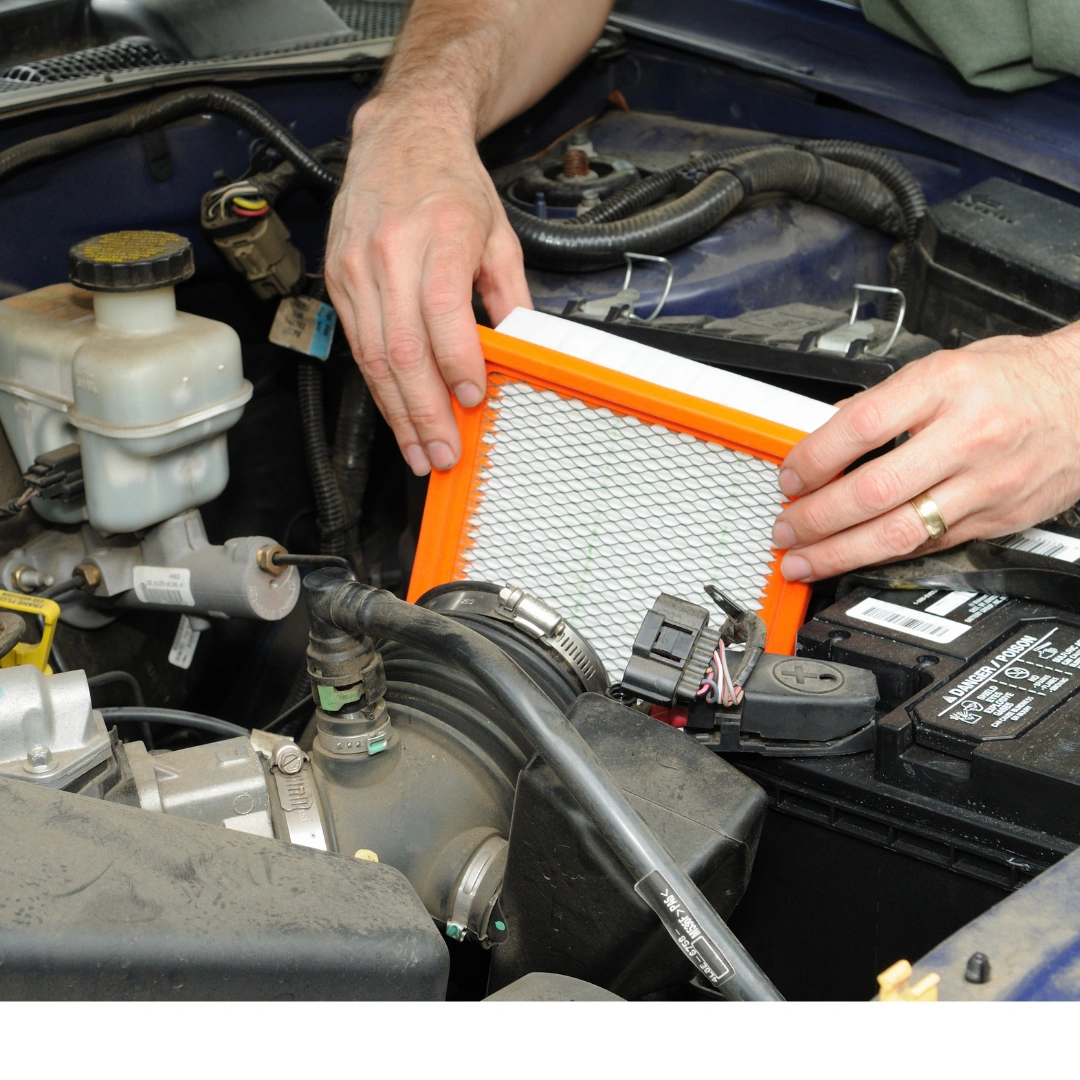Planning to hit the road for beach vacations and summer leisure? Before revving that engine into high gear, be sure your car is in tip-top shape to enjoy the summertime without headaches from costly repairs and troublesome delays.
Extreme heat, hours of nonstop driving, dust, and dirt can lead to all sorts of vehicle problems, from dirty filters and leaky radiators to under inflated tires. Worse, you could end up stranded if your car suffers a total breakdown from a lack of maintenance.
But fret not! We’ve got you covered. We created this extensive guide to make sure you’re ready for the summer season. Read the following summer car maintenance tips to enjoy smooth rides through the hot months.
Key Takeaways:
|
1. Check if the AC works
Getting stuck in traffic with faulty air conditioning amid sweltering heat is a nightmare, especially if you have your family and friends with you in the car.
Test your car’s AC before summer begins to ensure you stay cool throughout road trips, as you probably rarely used it during winter and spring. Also, check the AC system for damaged parts, loose connections, or leaks.
Your air conditioner likely has a problem if:
-
The air isn’t cool enough or intermittently emits cold air. Turn on your car’s AC to check if it blows cold air. A malfunctioning AC may indicate a low refrigerant level. Adding refrigerant (Freon) will likely fix the hot air issue. Consult an expert car mechanic to assess and fix the problem properly.
2. Change the oil and oil filter
Oil lubricates your car’s engine parts, whereas the filter prevents unwanted dirt and debris from entering the oil system.
Car maintenance specialists recommend an oil change every 3,000 miles or three months, depending on your driving frequency. However, car manuals generally suggest changing the oil every 7,500 miles. Check the manufacturer's manual to learn about oil maintenance guidelines.
It’s best to check if your car needs an oil change before heading to your summer destination for smooth rides.
3. Check fluid levels
Engine fluids typically get depleted in hot temperatures, so be sure to check your power steering fluid, windshield wiper fluid, transmission fluid, and coolant. Top off all fluids as necessary.
Here’s how you can check the coolant:
-
Open the hood and check the coolant level. We recommend flushing your radiator and adding new coolant every two years. A 50/50 antifreeze and water mixture is perfect for summer driving. Or simply buy premixed coolant for convenience.
“Only check the coolant with the engine off and the vehicle cold, having been sitting for awhile. Cooling systems pressurize, so if someone opens the radiator cap with the engine hot, they could be at risk of major injuries like burns,” advises Patrick Haley`, NuBrakes Project Manager.
-
Check for leaks. After parking for a while, a small pool of coolant beneath your car indicates a coolant leak. Take your car to a dependable service shop as soon as possible to address the problem.
4. Inspect your brakes
Reliable brakes are critical for safe driving. Check that your brakes are functioning well, not just during the summer months but year-round, so you don’t put your loved ones at risk while driving around town.
-
Poor stopping performance and any excessive squealing, scraping, or grinding noise may indicate faulty brakes.
-
Additionally, check for brake pulling, which means a car pulls strangely to one side when pressing the brake pedal.
-
Have your brakes replaced if you notice excessive brake dust on your wheels or feel like your vehicle just isn’t stopping the way it used to.
Common signs of faulty and worn-down brakes include:
-
An unusually soft, mushy brake pedal
-
An extremely hard and resistant brake pedal
5. Check your tires
Harsh winter conditions can take a toll on your vehicle’s tires.
“Excessive heat can damage tires in many ways. The most critical risk factor of overheated tires is the potential for a blowout,” explains Haley.
To ensure your tires are ready to hit the road safely:
-
Use the penny test to evaluate the tread depth. After sticking a penny in the tread, see if Lincoln’s head disappears. If it doesn’t, it’s time for new tires.
-
Check tire pressure regularly. You can check your tire’s sidewall or refer to your owner’s manual to find out the recommended tire pressure levels for your particular vehicle model. Properly inflated tires boost fuel efficiency and reduce blowout risks.
-
Check the spare tire. It should be properly inflated with enough tread depth.
Remember to never drive with under inflated tires and to always maintain the recommended pressure provided in the owner’s manual.
6. Test the battery
Heat is the number one reason the lifespan of a car’s battery dwindles, as it speeds up fluid loss and causes accelerated oxidation of battery parts. Excessive summer heat can even lead to battery failure, leaving you stranded in the middle of the road without warning.
-
Clean your battery regularly to keep it running smoothly.
-
More importantly, get your battery tested by a dependable car service shop to avoid unwanted dead battery surprises while on your way to the beach.
“The normal lifespan of automotive batteries is around four to six years,” says Haley.
He emphasizes the importance of checking the date code before heading out on the road.
-
Check the date code sticker. Car batteries should have a date code sticker on the housing, indicating the production month/year. For example, 5/20 means the battery was manufactured in May 2020.
7. Change the air filter
We recommend replacing a vehicle’s air filter every 12,000 miles or when your air filter is extremely clogged and dirty from constant driving on gravel roads.
Take out your air filter and inspect it thoroughly to determine whether you should replace it before going on long summer road trips.
Final thoughts
Now that you know the most essential summer car maintenance tips, you can hit the road confidently and enjoy a safe, trouble-free driving experience through the sunny season.
Visit a trusted car maintenance specialist if you don’t have the time, knowledge, or skills to do all the necessary car maintenance steps. It’s better to catch any potential problems through thorough inspections than encounter unexpected issues down the road.
If you need professional car care, NuBrakes provides all-around preventative maintenance and vehicle repair services for nearly every make and model.
Call us now, and our expert mobile mechanics will ensure your vehicle is 100% ready to hit the road, guaranteed.
